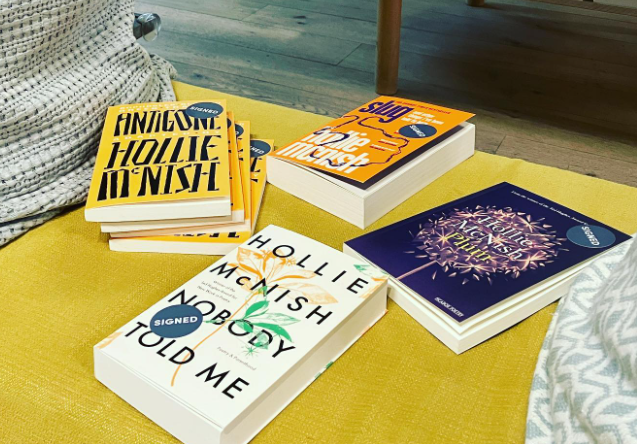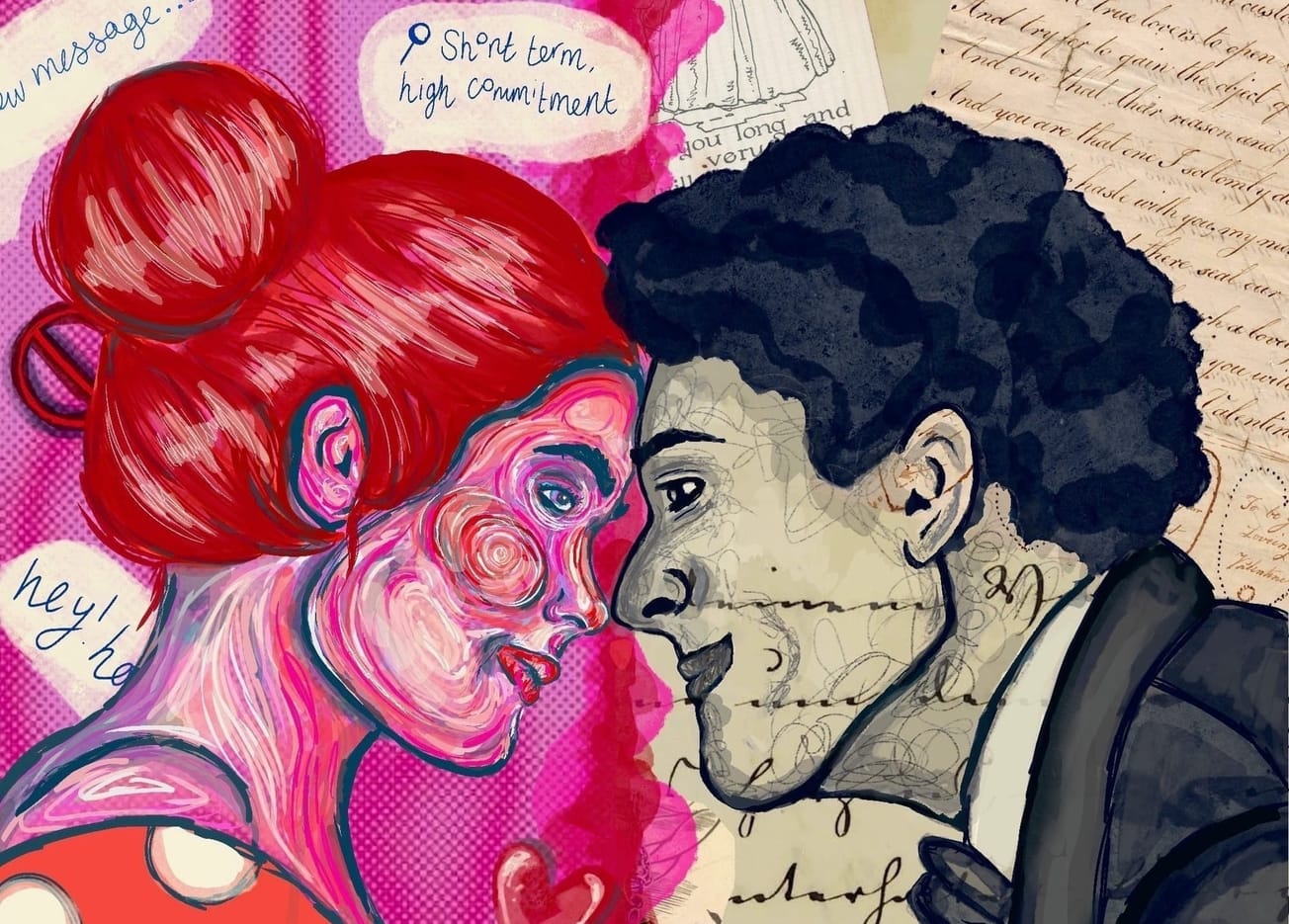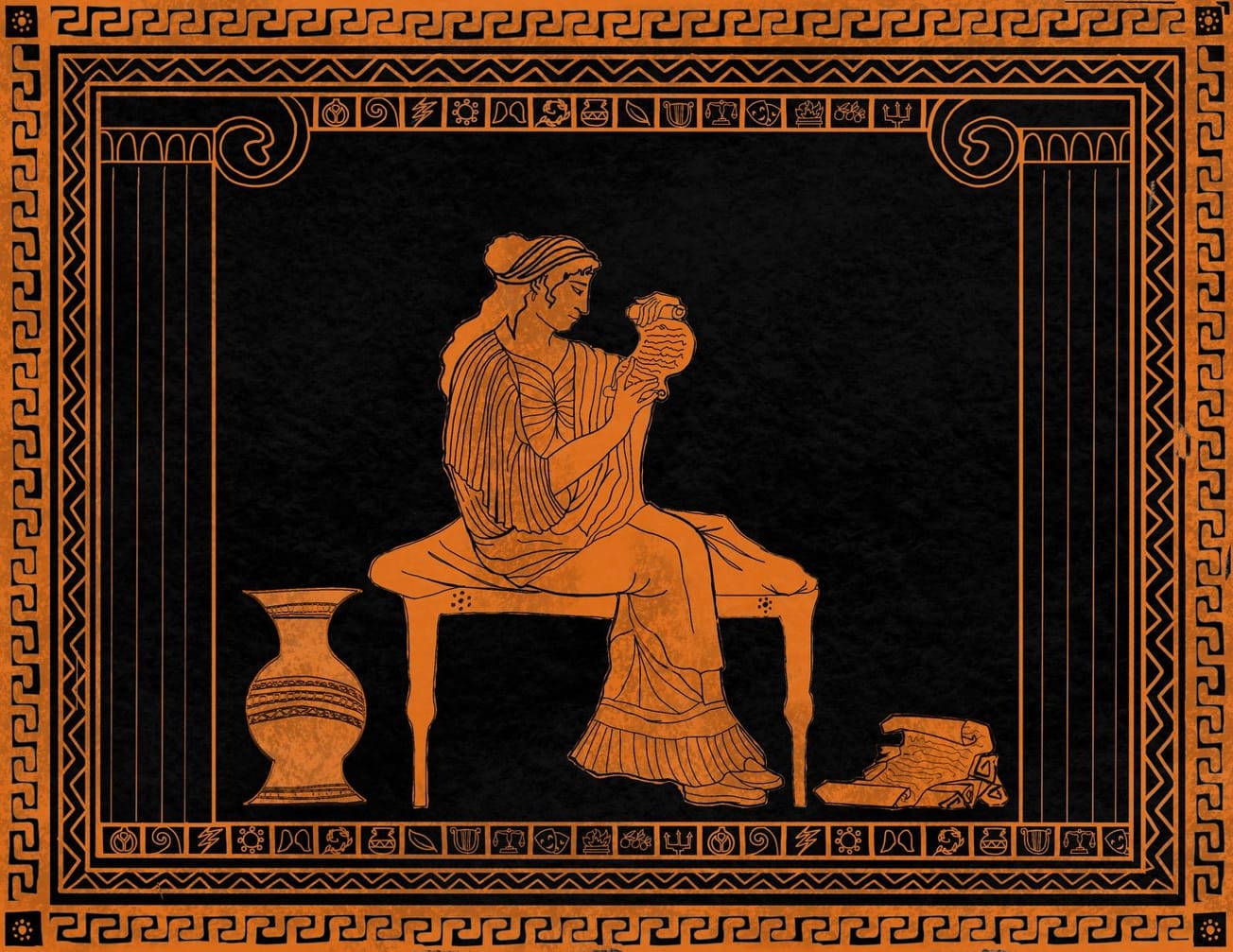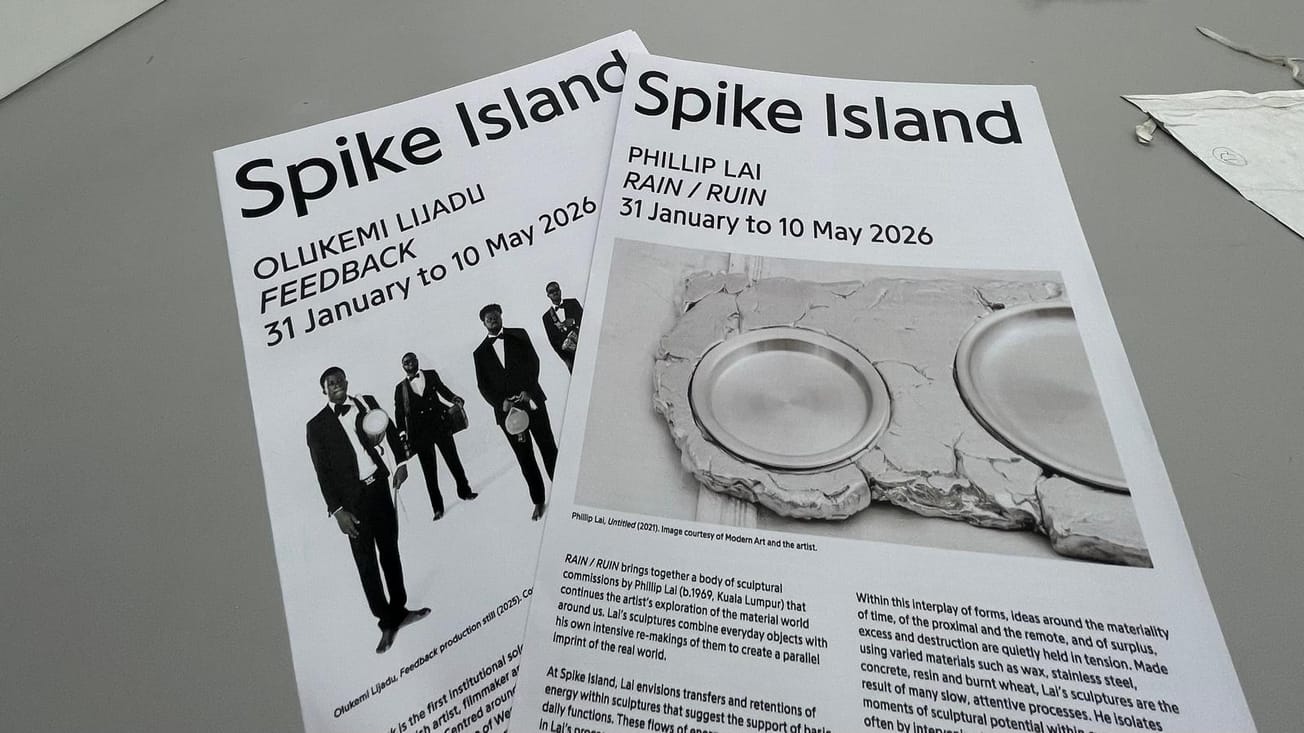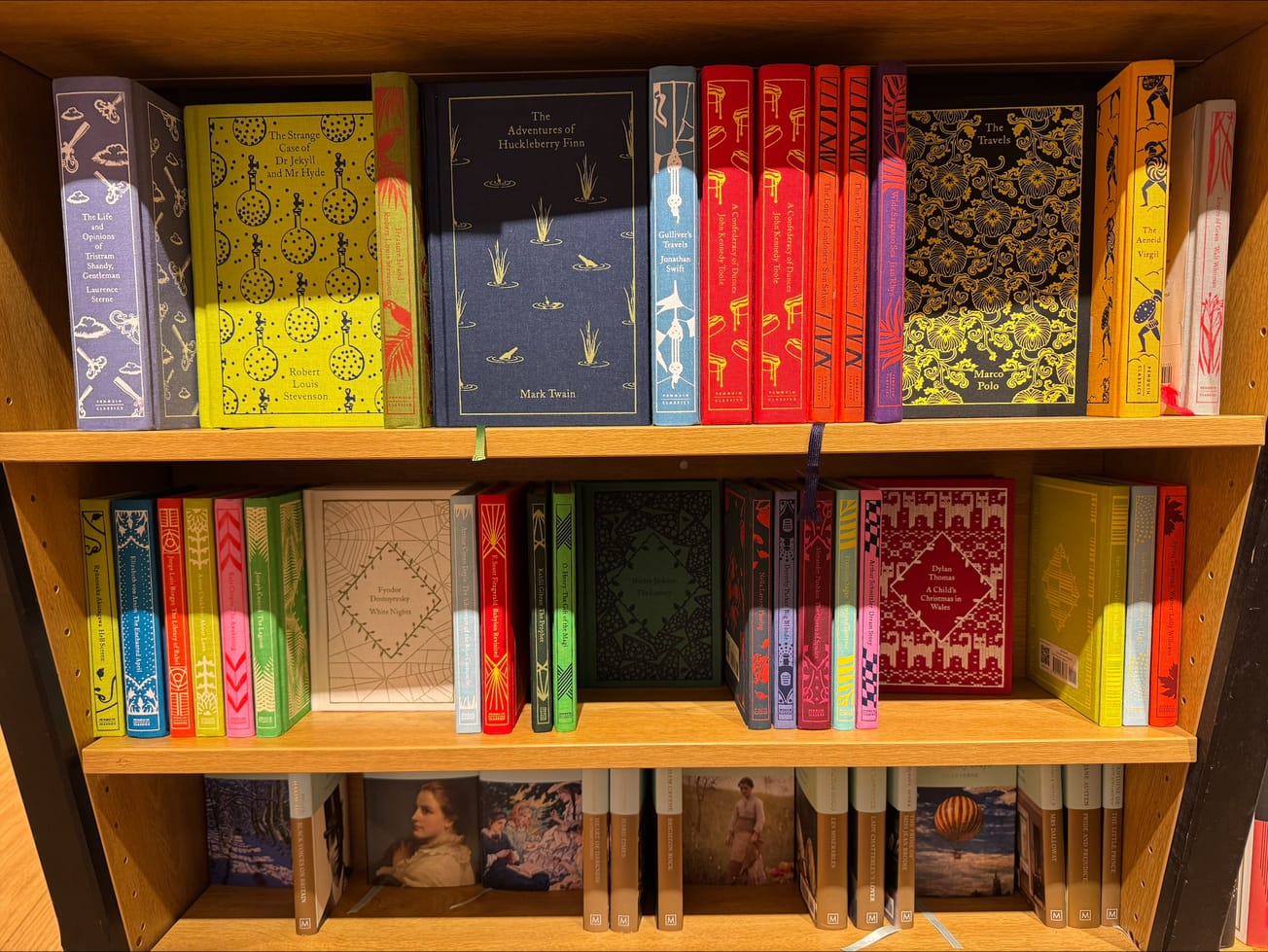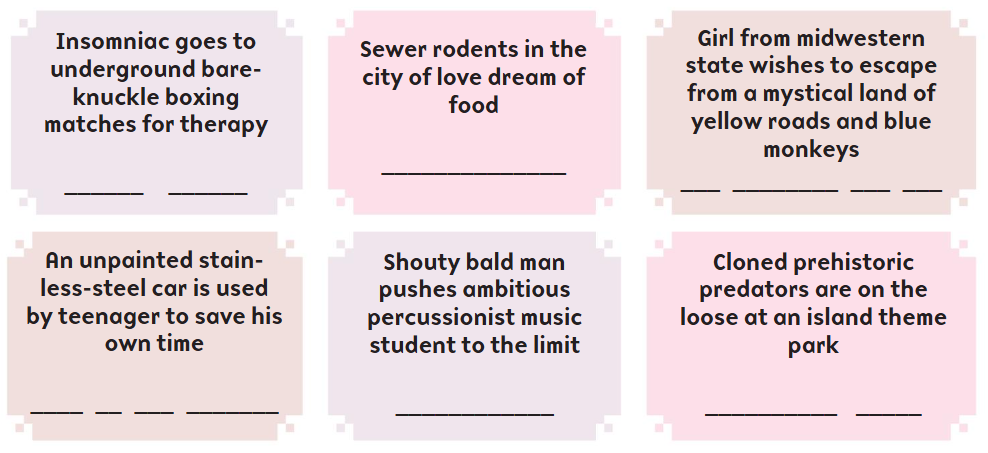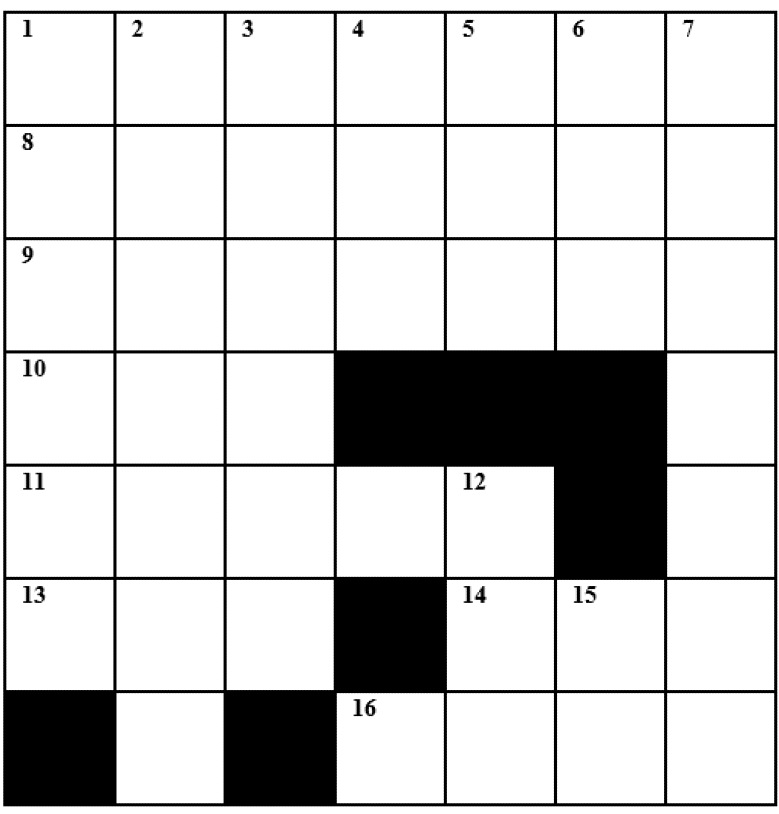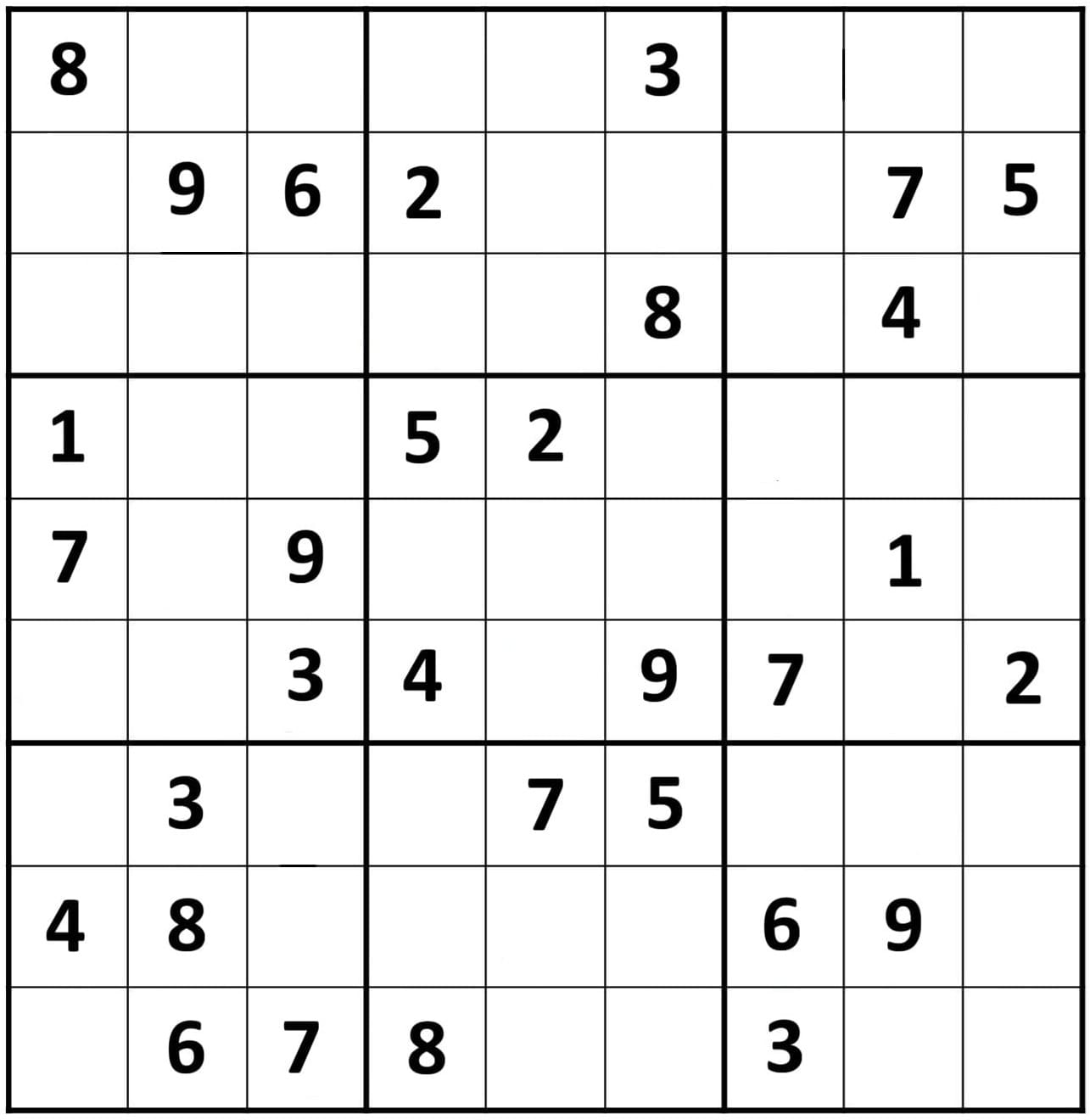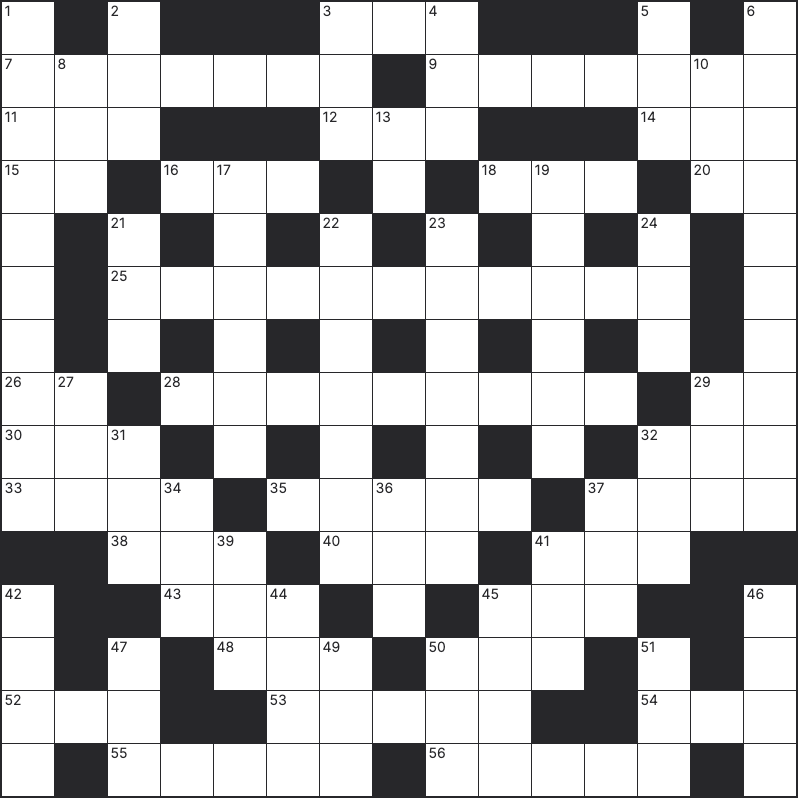By Grace O'Sullivan, First Year English
Hollie McNish spoke to me between gigs following the publication of her sixth book, Slug - and other things I’ve been told to hate. After fiercely positive reception to her previous work, with Nobody Told Me earning the Ted Hughes Poetry award in 2016, this new collection - a hybrid of poetry, short stories and memoir - has been eagerly anticipated.
Our conversation took place during the first Strode Book Festival in April, boasting names as big as David Olusoga and Julia Samuels - and, of course, Hollie herself. The festival will be returning next year - if this year’s success is anything to go by, it’s certainly not an event to be missed.
While earning great acclaim as a poet, Hollie has gone beyond the form to write plays (‘Offside’, ‘Antigone’), record albums and, most impressively, become the first guest speaker to genuinely interest my school in assembly two years ago. While she is often given the moniker of being a ‘taboo breaker’, her work, as she says herself, is more of an honest reflection of her own experiences and perspectives, covering topics of inequality, shame, sex and parenthood.
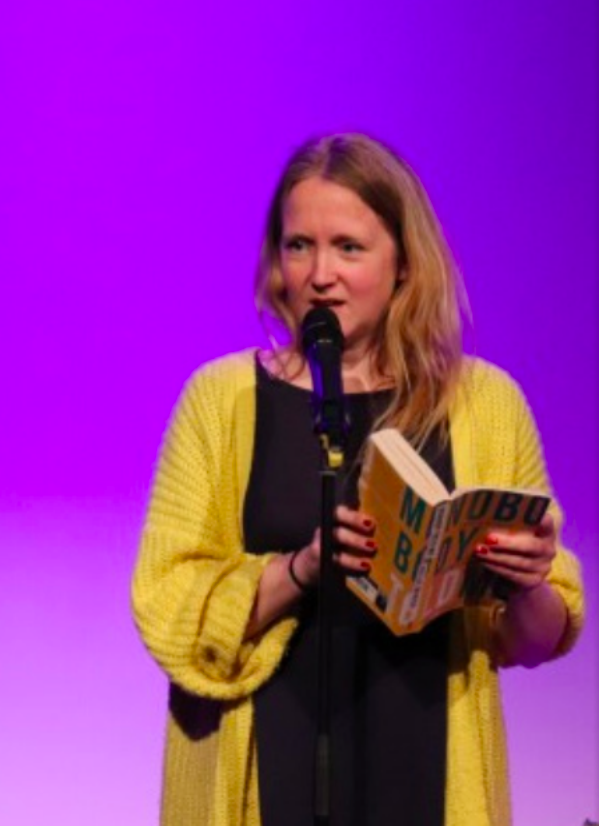
Rather than taboo-breaking for the sake of ‘shock’, Hollie’s poetry seems to look instead to probe and question our ideas of the taboo, and wonder how much easier the world could be without it. Intrigued by her background in languages as well as writing - Hollie studied Modern and Medieval Languages at Cambridge – I asked how this appreciation has influenced her work: ‘So much. I just love languages, and I get so bored living in England and being able to understand what everyone’s saying all the time. It just opens your eyes up so much to how people say the same word differently, or say words that don’t even exist - like, in Italy, so many of the phrases use food metaphors.’
In fact, languages, as she explains, will be a recurring theme in her next book; she explains how a section on birth inspired her to explore ‘the philosophy behind’ certain words, ‘I was looking at different translations of ‘midwife’, the fact that in French a midwife means ‘wise woman.’ The word for giving birth in Spanish literally means ‘to give life’, and the word for ‘breast feeding’ in German, is ‘to comfort’ - it’s not just about feeding. If a baby needs to sleep, or has colic, and you put them on the boob, it fixes that as well because they can feel your heartbeat through the lips, apparently’.
Hollie’s genuine love for learning poured out in our conversation - ‘there’s a four-line poem I have about fingering being carbon neutral, but that came from about 100 pages of environmental research’. Her appetite for knowledge, it seems, is constant, as she told me that she’s dedicated a whole section of her new book - coming in 2024 - to ‘space, because it's something I’d never looked into before’.
As well as being a voracious learner, Hollie is also clearly a person with a strong sense of her own individual observations. Though she expresses her love for Dylan Thomas’ poetry, she remarks ‘I also want to read poems by people who haven’t had all the time in the world to write, who haven’t been able to just shift all their care and responsibilities on to other people - generally their wives - and then never credit them’.
I’m interested in this illusion of an ‘original’ poet, one who glides through writing, miraculously producing ideas from thin air; an idea that Hollie feels is unfair, a ‘sort of arrogance, around in poetry in particular’. Her belief is that ‘ideas can come from anywhere. And even that word - in jobs, I’ll sometimes be asked, ‘Are you the creative?’ But surely everyone is creative!?’.
With her growing audience, I was keen to know if this has changed the dynamic of her writing - does it ever feel as if she’s writing to somebody, and that there’s a certain prerogative she now needs to have? ‘I think of it more as a diary. I don’t think there is a set prerogative for a poet, some write very specifically to address certain issues in the world, and other people write for more personal reasons. I’d say I do a bit of both.’ She advises, ‘just read and read and read. And that’s not procrastinating! That’s like life, that’s great.’
I found my talk with Hollie to be just as enjoyable and accessible as her writing. As a member of Reel Change, a young people’s curation group for events at Strode Theatre, it was comforting to speak to somebody so relatable for the younger generation of Somerset, the community that Reel Change looks to represent.
Featured Image: Courtesy of Hollie McNish, @holliepoetry on Instagram
Have you read Hollie McNish?

